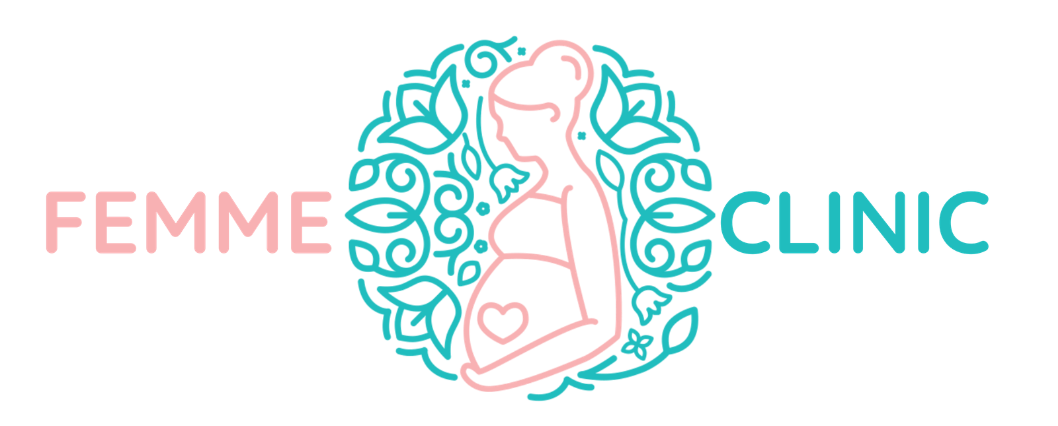Breastfeeding nutrition: Tips for moms
Breastfeeding provides numerous health benefits for both the mother and the child. Breast milk contains essential nutrients to meet the needs of infants during the growth phase from the very first day of birth up to six months. It is the ideal food for newborns, as it also strengthens the immune system in infants, helping to protect them from many diseases.
Breastfeeding continues to provide the necessary nutrition and immunity for newborns until the sixth month. From this stage, the child needs to have additional external food alongside continued breastfeeding until the age of 12 months or two years (24 months).
The World Health Organization recommends breastfeeding within the first hour after birth.
In the case of separating the newborn from the mother after birth, the mother is advised to pump breast milk and not to leave it to accumulate in the breast.
Breastfeeding has several benefits for the nursing mother and her child, enhancing the bonding and contact between them and increasing the hormone oxytocin.
Do I need extra calories while breastfeeding?
Yes, you might need to eat a little more — about an additional 330 to 400 calories a day — to give you the energy and nutrition to produce milk.
To get these extra calories, opt for nutrient-rich choices, such as a slice of whole-grain bread with a tablespoon (about 16 grams) of peanut butter, a medium banana or apple, and 8 ounces (about 227 grams) of yogurt.
What foods should I eat while breastfeeding?
Focus on making healthy choices to help fuel your milk production. Opt for protein-rich foods, such as lean meat, eggs, dairy, beans, lentils and seafood low in mercury. Choose a variety of whole grains as well as fruits and vegetables.
Eating a variety of foods while breastfeeding will change the flavor of your breast milk. This will expose your baby to different tastes, which might help him or her more easily accept solid foods down the road.
To make sure you and your baby are getting all of the vitamins you need, your health care provider might recommend continuing to take a daily multivitamin and mineral supplement until you wean your baby.
How much fluid do I need while breastfeeding?
Drink when you are thirsty, and drink more if your urine appears dark yellow. You might drink a glass of water or another beverage every time you breastfeed.
Be wary of juices and sugary drinks, however. Too much sugar can contribute to weight gain — or sabotage your efforts to lose pregnancy weight. Too much caffeine can be troublesome, too. Limit yourself to no more than 2 to 3 cups of caffeinated drinks a day. Caffeine in your breast milk might agitate your baby or interfere with your baby’s sleep.
What about a vegetarian diet and breastfeeding?
If you follow a vegetarian diet, it’s especially important to choose foods that’ll give you the nutrients you need. For example:
- Choose foods rich in iron, protein and calcium. Good sources of iron include lentils, enriched cereals, leafy green vegetables, peas, and dried fruit, such as raisins. To help your body absorb iron, eat iron-rich foods with foods high in vitamin C, such as citrus fruits.
For protein, consider plant sources, such as soy products and meat substitutes, legumes, lentils, nuts, seeds, and whole grains. Eggs and dairy are other options.
Good sources of calcium include dairy products and dark green vegetables. Other options include calcium-enriched and -fortified products, such as juices, cereals, soy milk, soy yogurt and tofu.
- Consider supplements. Your health care provider will likely recommend a daily vitamin B-12 supplement. Vitamin B-12 is found almost exclusively in animal products, so it’s difficult to get enough in vegetarian diets. If you don’t eat fish, you might consider talking to your health care provider about taking an omega-3 supplement.If you don’t eat enough vitamin D-fortified foods — such as cow’s milk and some cereals — and you have limited sun exposure, you might need vitamin D supplements. Your baby needs vitamin D to absorb calcium and phosphorus. Too little vitamin D can cause rickets, a softening and weakening of bones. Tell your doctor and your baby’s doctor if you’re also giving your baby a vitamin D supplement.


What foods and drinks should I limit or avoid while breastfeeding?
Certain foods and drinks deserve caution while you’re breastfeeding. For example:
- Alcohol. There’s no level of alcohol in breast milk that’s considered safe for a baby. If you drink, avoid breastfeeding until the alcohol has completely cleared your breast milk. This typically takes two to three hours for 12 ounces (355 milliliters) of 5% beer, 5 ounces (148 milliliters) of 11% wine or 1.5 ounces (44 milliliters) of 40% liquor, depending on your body weight. Before you drink alcohol, consider pumping milk to feed your baby later.
- Caffeine. Avoid drinking more than 2 to 3 cups of caffeinated drinks a day. Caffeine in your breast milk might agitate your baby or interfere with your baby’s sleep.
- Fish. Seafood can be a great source of protein and omega-3 fatty acids. Most seafood contains mercury or other contaminants, however. Exposure to excessive amounts of mercury through breast milk can pose a risk to a baby’s developing nervous system. To limit your baby’s exposure, avoid seafood that’s high in mercury, including swordfish, king mackerel and tilefish.
Could my diet cause my baby to be fussy or have an allergic reaction?
Certain foods or drinks in your diet could cause your baby to become irritable or have an allergic reaction. If your baby becomes fussy or develops a rash, diarrhea or wheezing soon after nursing, consult your baby’s health care provider.
If you suspect that something in your diet might be affecting your baby, avoid the food or drink for up to a week to see if it makes a difference in your baby’s behavior. Avoiding certain foods, such as garlic, onions or cabbage, might help.
Remember, there’s no need to go on a special diet while you’re breastfeeding. Simply focus on making healthy choices — and you and your baby will reap the rewards.



Benefits for your baby and you:
- Breast milk contains a large amount of fats, sugars, proteins, and essential nutrients for the baby’s growth, and it is easier to digest than formula milk, which does not increase abdominal pain, colic, or indigestion in the newborn.
Reducing the risk of diseases including middle ear infections, respiratory infections, colds, intestinal infections, sudden infant death syndrome, digestive disorders, diabetes, and leukemia.Maintaining a healthy weight and preventing childhood obesity in the later stages of childhood and into adolescence.
Breastfeeding increases a child’s intelligence, which may be attributed to the physical and visual connection between the mother and her child.
- Benefits for the mother:
It helps in losing excess weight due to pregnancy and burning the stored brown fat in the mother’s body during the pregnancy period.
It helps with the contraction of the uterus and its return to its normal size after it has enlarged during pregnancy.
It reduces the risk of depression due to hormonal changes and the increase in the amount of oxytocin hormone, which in turn helps with the release of breast milk and the contraction of the uterus.
It reduces the risk of diseases such as breast cancer.
Breastfeeding can stop ovulation and menstruation; therefore, it is an effective method for birth control and preventing pregnancy. In fact, breastfeeding, especially in the first six months, serves as a pure means of contraception.
